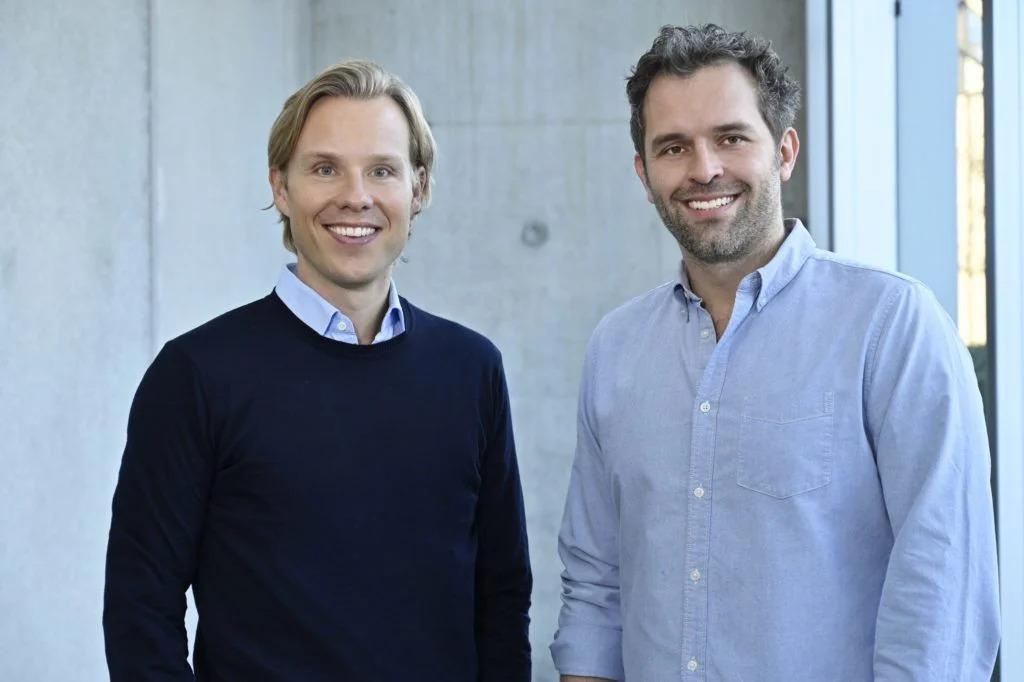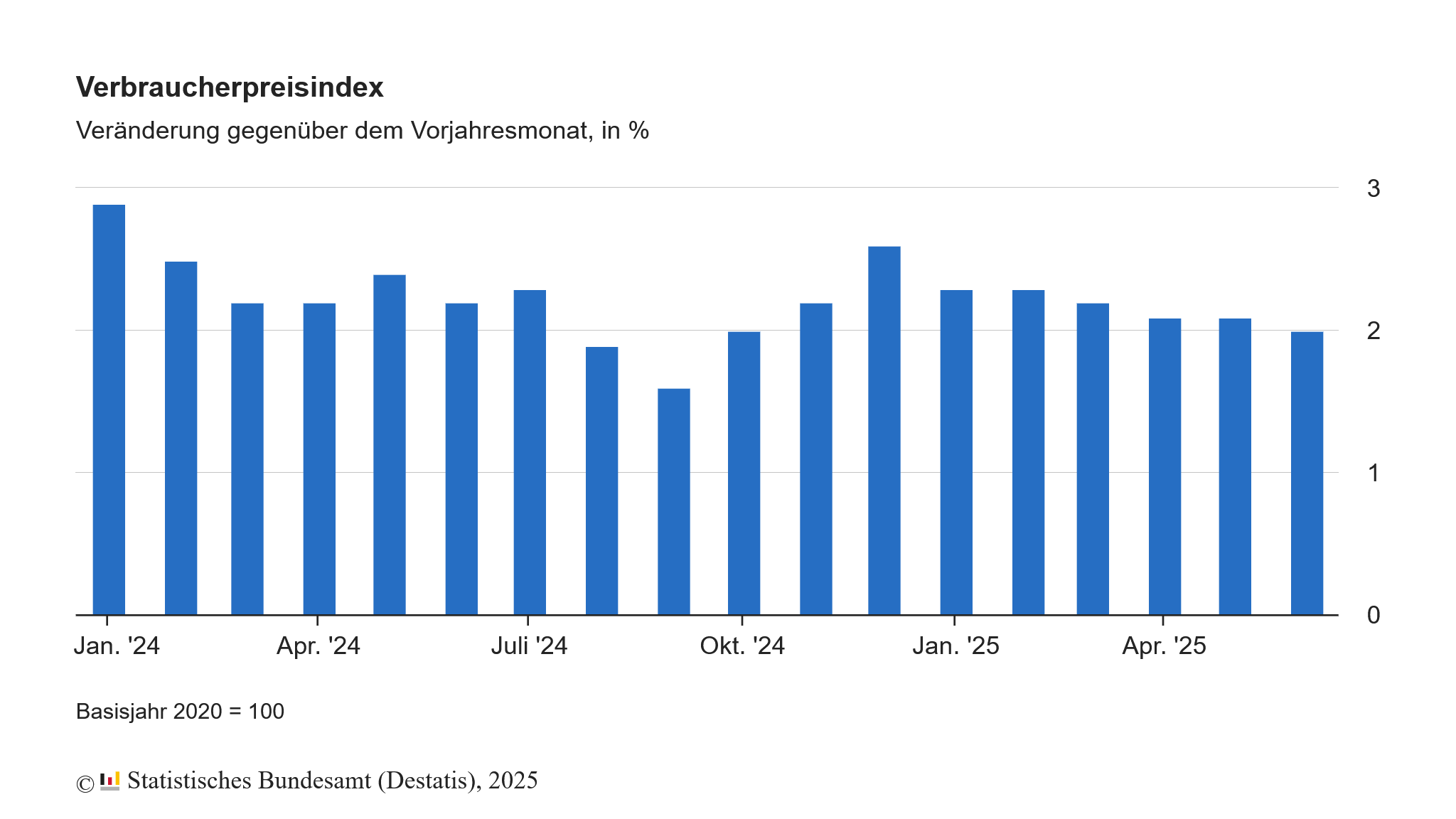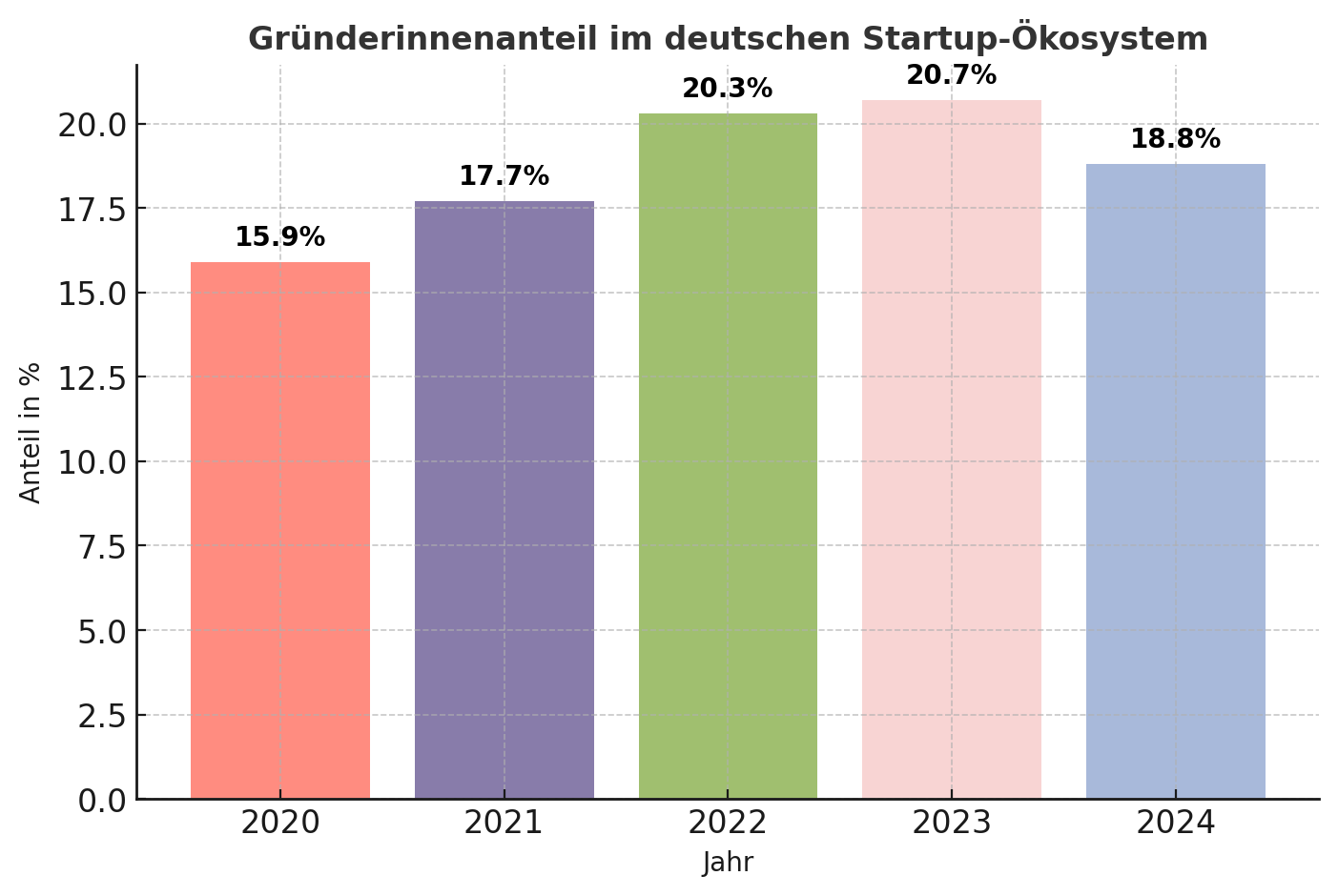Flash in the pan or beacon?

Amazon aggregators are raising large sums of venture capital in order to take over third-party retailers that use the US company's Marketplace. But how sustainable is this tactic? Experts are divided.
It was a bombastic success story: The e-commerce start-up SellerX, which was only founded in 2020, raised 100 million euros in a financing round in August. Yet the company itself does not even have a product on offer; founder Philipp Triebel even told Handelsblatt that no consumer would ever know SellerX. A remarkable statement in the online retail industry.
However, given SellerX's business model, this is understandable. The company buys other retailers instead of developing its own products. SellerX finds the merchants it acquires on the Amazon Marketplace, the open trading forum of the e-commerce giant from the USA. This third-party retail business has been growing for years, with external sellers reportedly already accounting for 60 percent of the total sales value of goods on Amazon. SellerX wants to buy up these often very small companies and provide them with professional marketing, logistics and customer service. The start-up from Berlin is not alone with this model; Brands United, for example, is competing with them in Germany and the Berlin Brands Group has been pursuing a similar strategy for years, albeit not as strongly focused on Amazon.
Like so many in the German start-up world, the idea originally came from the USA. Thrasio has been foraging through the marketplace there since 2018, and the company achieved unicorn status in 2020. The German Thrasio clones are not quite that far yet, but financing rounds such as that of SellerX show that investors also see a lot of potential for the business model in Germany. The Berlin Brands Group received 240 million US dollars in April and the Stryze Group 100 million US dollars in March.
However, not all experts are convinced of the future viability of the model. "In my opinion, what these companies offer is completely dispensable," criticizes Gerrit Heinemann. The e-commerce expert heads the eWeb Research Center at the Niederrhein University of Applied Sciences. In his opinion, the Amazon aggregators are simply selling old wine in new bottles: "In the end, they are merely fulfillment service providers, intermediaries that are no longer absolutely necessary in online retail."
"In my opinion, what these companies offer is completely dispensable"
Gerrit Heinemann, eWeb Research Center
According to Heinemann, the new intermediaries are exploiting the excessive demands that some small businesses feel in the online business. The offer from the Thrasios of this world may seem appealing: "But all the experience of the last 25 years shows that you can do it yourself: Do it yourself, it's more lucrative," says Heinemann. Only in the case of complex and costly processes such as returns processing can he understand why smaller retailers would like to outsource this, "if the aggregators do it too".
So is it all just a flash in the pan in a market overheated by cheap money? Not all experts are so critical. "Such industry roll-ups are a very predictable business," says Christian Stummeyer. He has also been involved in online retail for years and is a professor of business informatics and digital commerce at Ingolstadt University of Applied Sciences. "The aggregators buy existing cash flows, and the small retailers in turn get rid of the risk of losing their listing," he says. It is precisely this listing that determines the success of a brand on Amazon. Success depends on how high up the product appears in a search. Amazon decides exactly how this listing is assigned. If a small retailer loses a promising position, this can threaten its existence. For a company that bundles many of these listings, the risk of failure is limited.
"Such industry roll-ups are a very predictable business"
Christian Stummeyer, TH Ingolstadt
However, the question of positioning is exemplary of a problem that Stummeyer also sees: The aggregators are dependent on the retail giant from Seattle. "Amazon could change the rules for prioritizing listings at any time," he warns. Heinemann is also critical of the dependence on Amazon. "The winner is the one who is not dependent on Amazon and its whims," he says. In his opinion, companies cannot hope for much understanding from the group. "Amazon is not interested in strong partners," is Heinemann's observation. The conditions are not negotiable, even for large sellers. A traditional advantage of sales groups, namely a stronger negotiating position due to higher volumes, is therefore missing.
However, Christian Stummeyer does not expect Amazon to look too critically at the start-ups. "We're not talking about one big company here, but many medium-sized companies that share the business and also compete," he says. He expects the model to become established.

Newsletter
Startups, stories and stats from the German startup ecosystem straight to your inbox. Subscribe with 2 clicks. Noice.
LinkedIn ConnectFYI: English edition available
Hello my friend, have you been stranded on the German edition of Startbase? At least your browser tells us, that you do not speak German - so maybe you would like to switch to the English edition instead?
FYI: Deutsche Edition verfügbar
Hallo mein Freund, du befindest dich auf der Englischen Edition der Startbase und laut deinem Browser sprichst du eigentlich auch Deutsch. Magst du die Sprache wechseln?






















